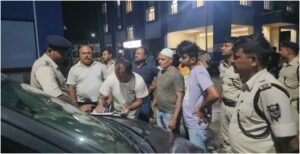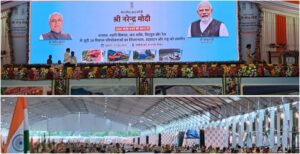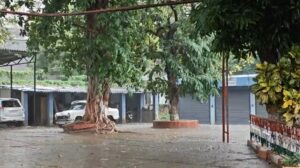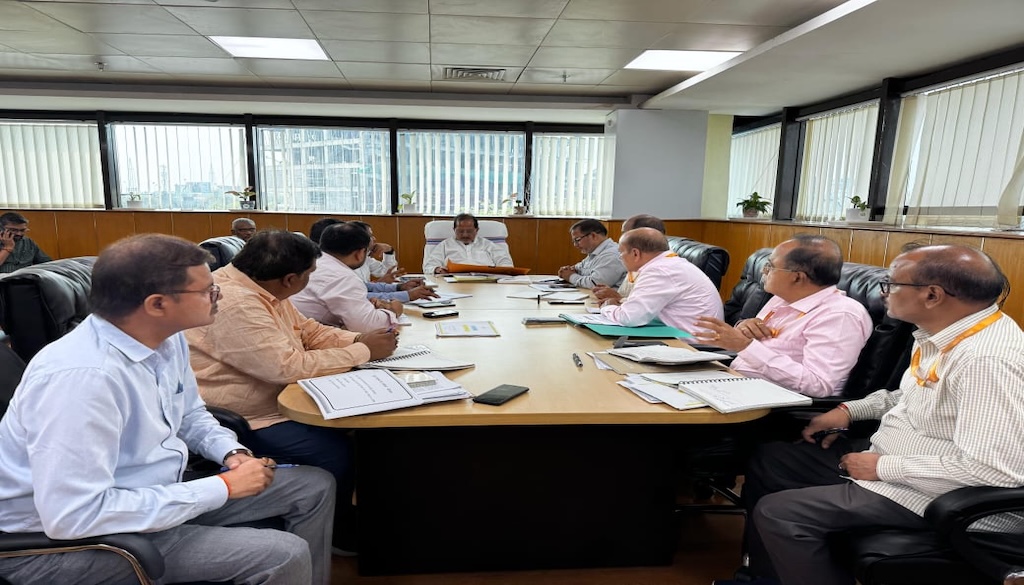
Patna: Bihar’s Deputy Chief Minister and Agriculture Minister, Vijay Kumar Sinha, on Tuesday reviewed the state’s Soil Health and Fertility Scheme, highlighting major strides in decentralised soil testing infrastructure and urging greater real-time monitoring of services to aid farmers.
At a review meeting held at Krishi Bhawan in Patna, Sinha noted that 38 district-level, 14 sub-divisional, and nine mobile soil testing laboratories are currently operational. In a bid to improve rural outreach and promote employment, the state has also set up 72 village-level labs.
“We are committed to strengthening Bihar’s soil testing infrastructure to support our farmers with scientific guidance,” Sinha said.
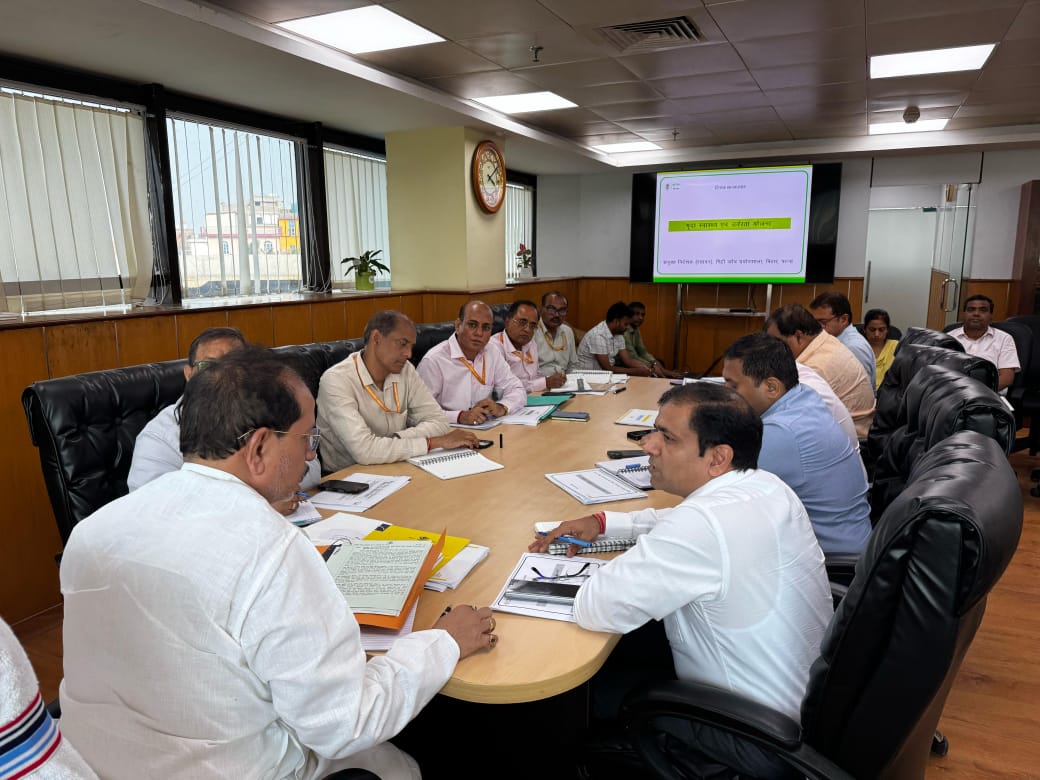
For the financial year 2024–25, the state had targeted the collection of five lakh soil samples—a goal already met. Of these, 4.94 lakh samples have been analysed, and over 5.03 lakh soil health cards distributed.
Eleven new sub-divisional labs have been added under the state’s decentralisation push in districts including Darbhanga, Purnia, Siwan, Begusarai, Buxar, Aurangabad, West Champaran, Saharsa, Muzaffarpur, Nalanda, and Samastipur.
Sinha also directed officials to use random WhatsApp video calls to monitor mobile laboratory operations in real time, and urged awareness campaigns at the panchayat level to promote the use of soil health cards.
“Understanding soil health is key to choosing the right crops and fertiliser use. This not only boosts yield but cuts input costs—directly improving farm incomes,” he said.

